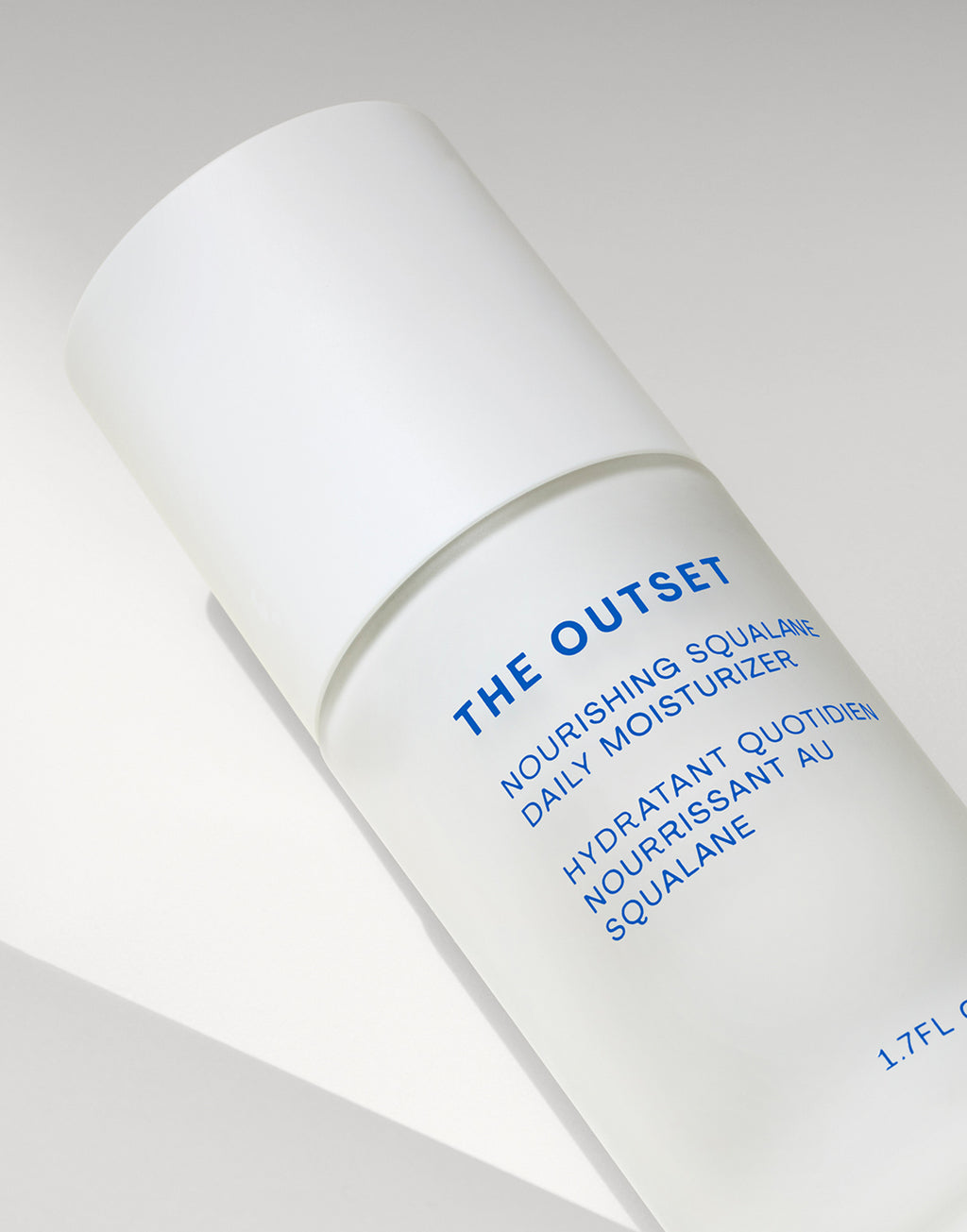Cao News Hub
Your daily source for trending news and informative articles.
Moisturizer Mayhem: Why Your Skin Deserves More Than Just a Dollop
Unlock your skin's potential! Discover why a dollop of moisturizer isn't enough and transform your skincare game today.
The Science Behind Moisturizers: What Ingredients Your Skin Craves
Understanding the science behind moisturizers is essential for anyone looking to enhance their skincare routine. At its core, a moisturizer is designed to hydrate the skin, but the effectiveness hinges on its ingredients. Key components typically include occlusives, humectants, and emollients. Occlusives, such as petrolatum and beeswax, create a protective barrier on the skin that locks in moisture. Humectants, like glycerin and hyaluronic acid, attract water to the skin's surface, boosting hydration levels. Lastly, emollients—found in natural oils and fatty acids—smooth the skin and improve texture.
When choosing a moisturizer, it's also important to consider your skin type. For instance, oily skin benefits from lightweight, gel-based moisturizers with high humectant content, while dry skin craves richer creams packed with occlusives and emollients. Additionally, certain ingredients like ceramides and niacinamide are known for their skin-repairing properties, making them invaluable for maintaining the skin's barrier function. Ultimately, understanding these key ingredients will help you select a moisturizer that not only feels good but truly nurtures your skin.

Beyond the Dollop: How to Choose the Right Moisturizer for Your Skin Type
Choosing the right moisturizer for your skin type is crucial for achieving healthy, radiant skin. There are three primary skin types to consider: oily, dry, and combination. Each type demands a unique approach to hydration. For oily skin, look for lightweight, oil-free formulas that won't clog pores. On the other hand, dry skin requires richer, cream-based moisturizers that provide deep hydration. If you have combination skin, opt for a balanced product that can hydrate dry areas without adding excess oil to your T-zone.
Additionally, understanding the role of specific ingredients can further enhance your moisturizer selection process. Ingredients like hyaluronic acid and glycerin excel at attracting moisture, making them ideal for dry skin. For oily or acne-prone skin, look for products containing salicylic acid or niacinamide to help control oil production and reduce breakouts. Remember, a patch test can help ensure your chosen product aligns with your skin's specific needs and doesn't lead to irritation.
Are You Using Enough Moisturizer? Debunking Common Myths about Hydration
When it comes to skincare routines, moisturizer often finds itself at the center of numerous myths and misconceptions. One prevalent belief is that using more moisturizer will automatically lead to better hydration. However, the truth is more nuanced; the key to effective hydration lies in choosing the right product for your skin type rather than merely slathering on cream. For instance, individuals with oily skin may benefit from lightweight, gel-based moisturizers, while those with dry skin might require thicker, creamier options. Understanding your skin's unique needs can significantly enhance your hydration strategy.
Another common myth is that moisturizer only needs to be applied in dry or cold weather. In reality, maintaining hydration is essential year-round. Factors such as air conditioning, sun exposure, and even the products we use can strip our skin of its natural moisture. Therefore, it’s crucial to incorporate a suitable moisturizer into your daily skincare routine, regardless of the season. Additionally, it's worth noting that hydration does not solely come from external products; a balanced diet and adequate water intake also play vital roles in keeping your skin healthy and radiant.